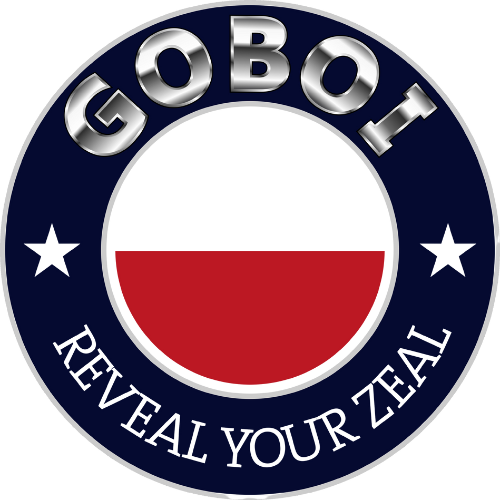Concussion Prevention in Hockey: Protecting Your Players
Concussions are a serious concern in hockey, a fast-paced sport with frequent physical contact. While it's impossible to eliminate all risks, implementing proactive measures can significantly reduce the likelihood of concussion. Here are some key strategies for prevention in games and practices:
- Proper Equipment: Ensure players wear properly fitted and certified helmets, along with other protective gear like mouthguards and shoulder pads.
- Safe Checking Techniques: Emphasize and teach proper checking techniques that prioritize player safety. This includes avoiding head-to-head contact and targeting the body instead.
- Skill Development: Improve players' puck handling, skating, and stick-handling skills to reduce the need for physical contact and create safer play.
- Conditioning and Strength Training: Strengthen neck muscles to improve head stability and minimize injury risk. Physical conditioning also helps reduce fatigue, a factor that can lead to poor decision-making.
- Ice Conditions: Maintain good ice quality and ensure there are no obstacles that could lead to a fall or collision.
- Rules and Enforcement: Enforce strict penalties for dangerous plays and promote fair play on the ice.
Self-Assessment for Suspected Concussion: Recognizing the Signs
If you suspect you or a player may have sustained a concussion, it's crucial to act quickly. Here's a guide to self-assessment:
- Physical Symptoms: Headache, dizziness, nausea, blurry vision, loss of balance, ringing in the ears, fatigue, sensitivity to light or noise.
- Cognitive Symptoms: Difficulty concentrating, memory problems, confusion, slowed thinking, trouble making decisions.
- Emotional Symptoms: Irritability, sadness, anxiety, emotional lability (sudden mood swings).
- Sleep Disturbances: Difficulty sleeping, sleeping more than usual, grogginess.
If any of these symptoms are present, it's important to immediately remove the player from the game or practice and seek medical attention.
At-Home Care After Seeing a Doctor: A Guide to Recovery
Following a concussion, it's essential to prioritize rest and recovery. Your doctor will provide specific instructions, but here are some general guidelines for at-home care:
- Rest: Avoid strenuous physical activity, screen time, and anything that aggravates symptoms. This may involve limiting school, work, or social activities.
- Cognitive Rest: Limit activities that require concentration or mental effort, such as reading, studying, or computer use.
- Hydration: Drink plenty of fluids to prevent dehydration and support healing.
- Pain Management: Over-the-counter pain relievers like ibuprofen or acetaminophen may help with headaches. Consult your doctor before taking any medications.
- Follow-Up Care: Attend all follow-up appointments with your doctor to monitor your recovery progress.
It's important to be patient and allow your body to heal. It may take days, weeks, or even months for concussion symptoms to fully resolve. Following these guidelines can help promote recovery and minimize the risk of complications.
Important Note:
This information is for general guidance only. If you suspect a concussion, it's vital to seek immediate medical attention. A doctor can diagnose the injury, determine the severity, and provide appropriate treatment recommendations.

